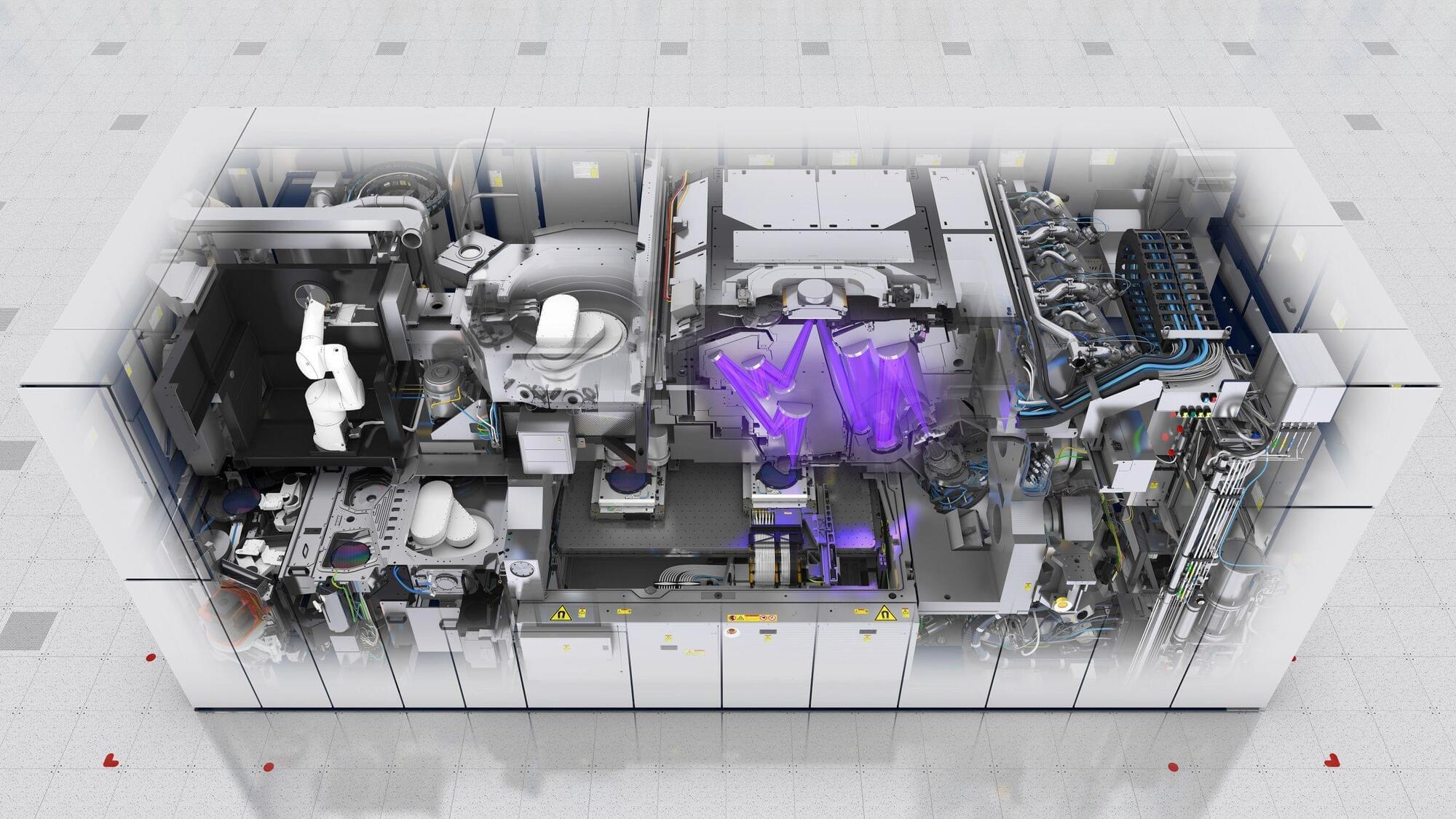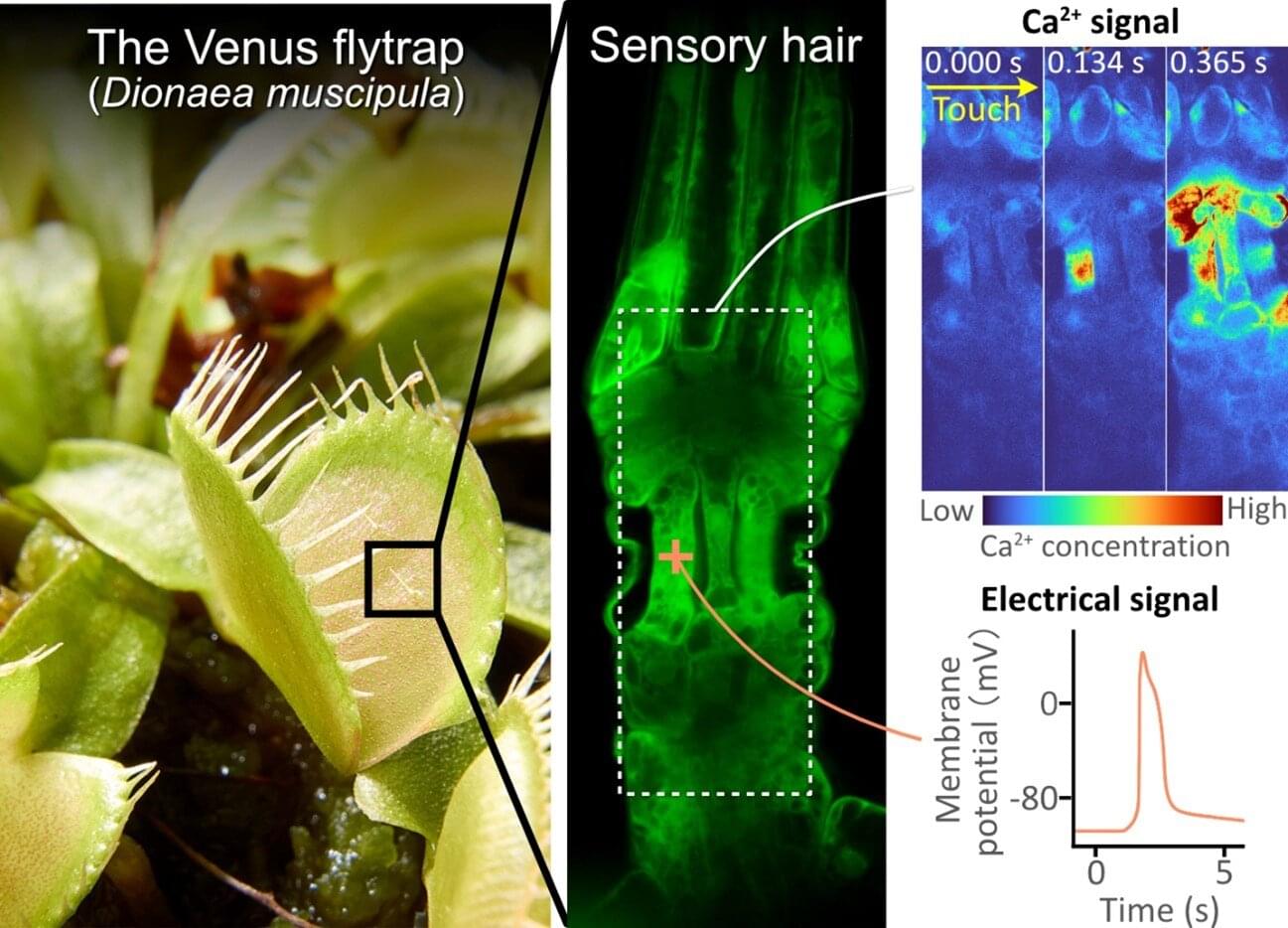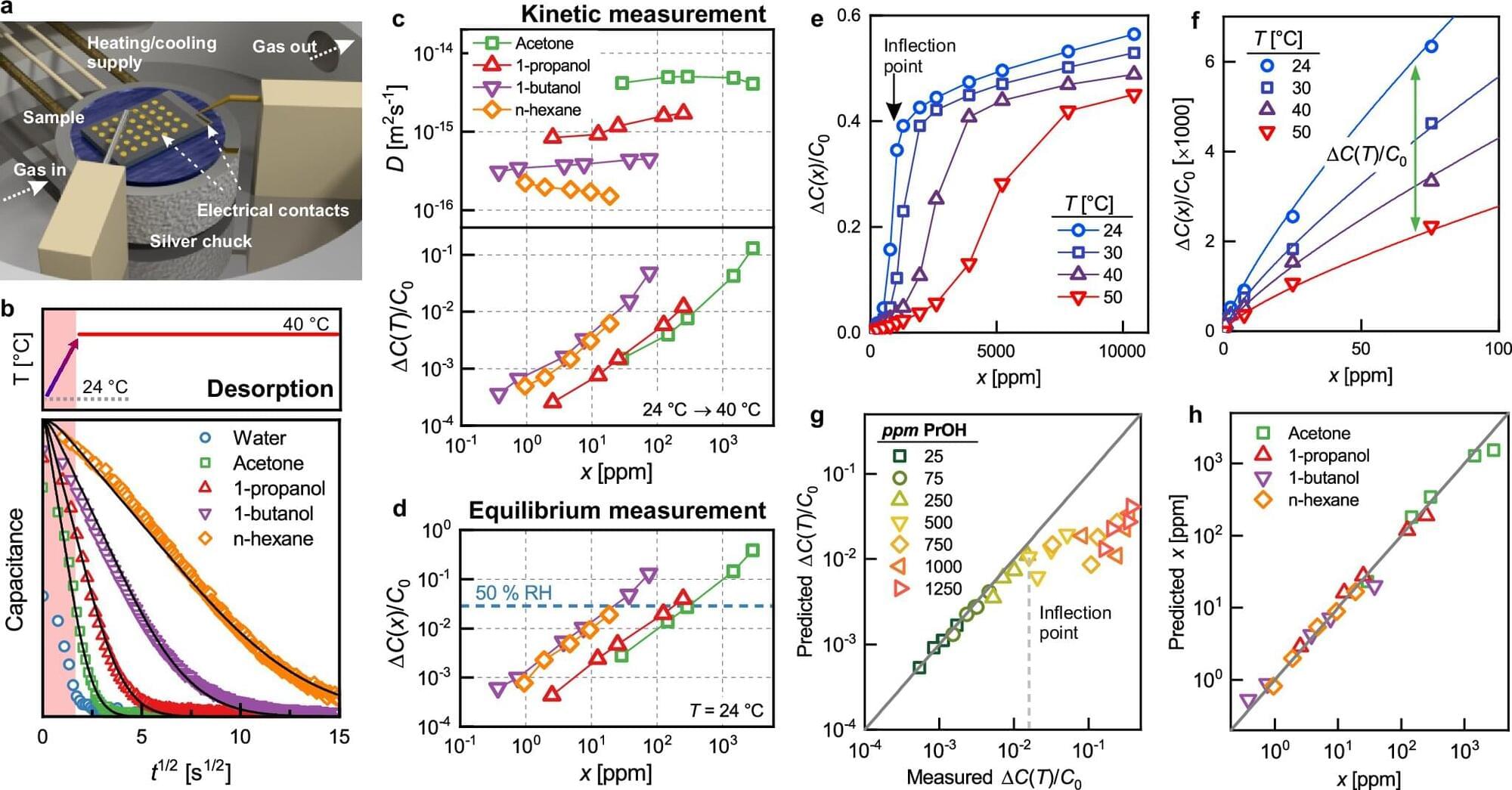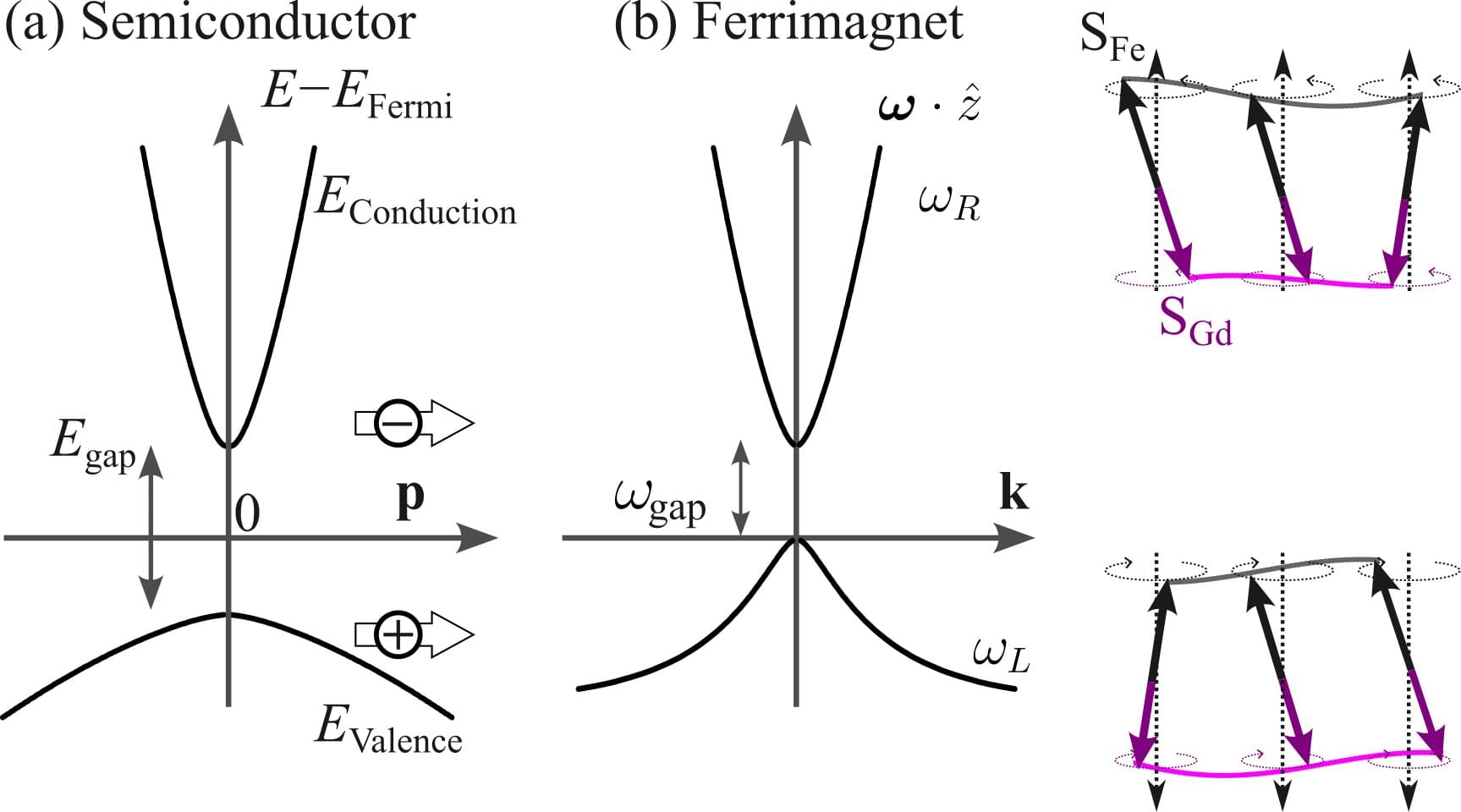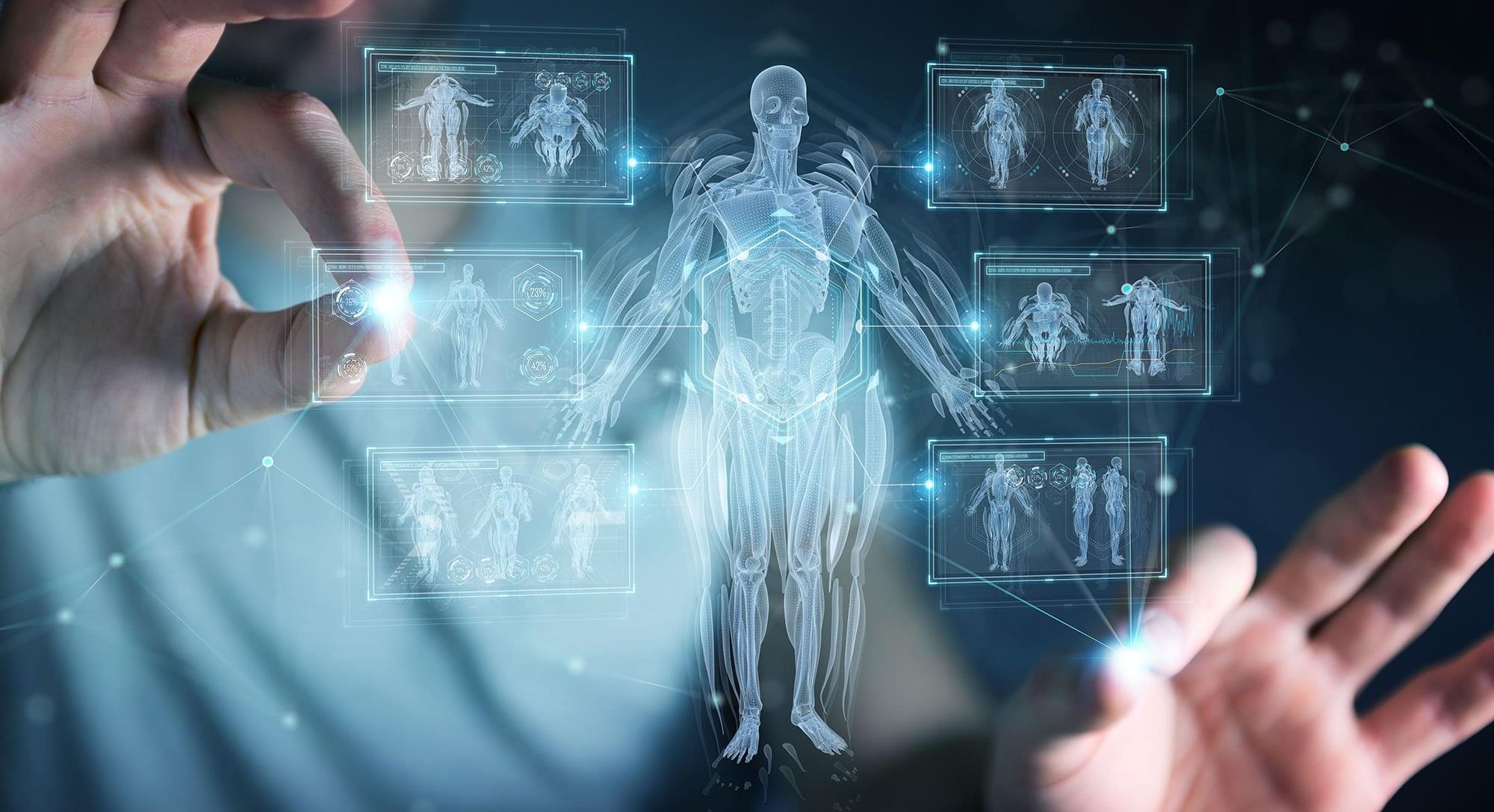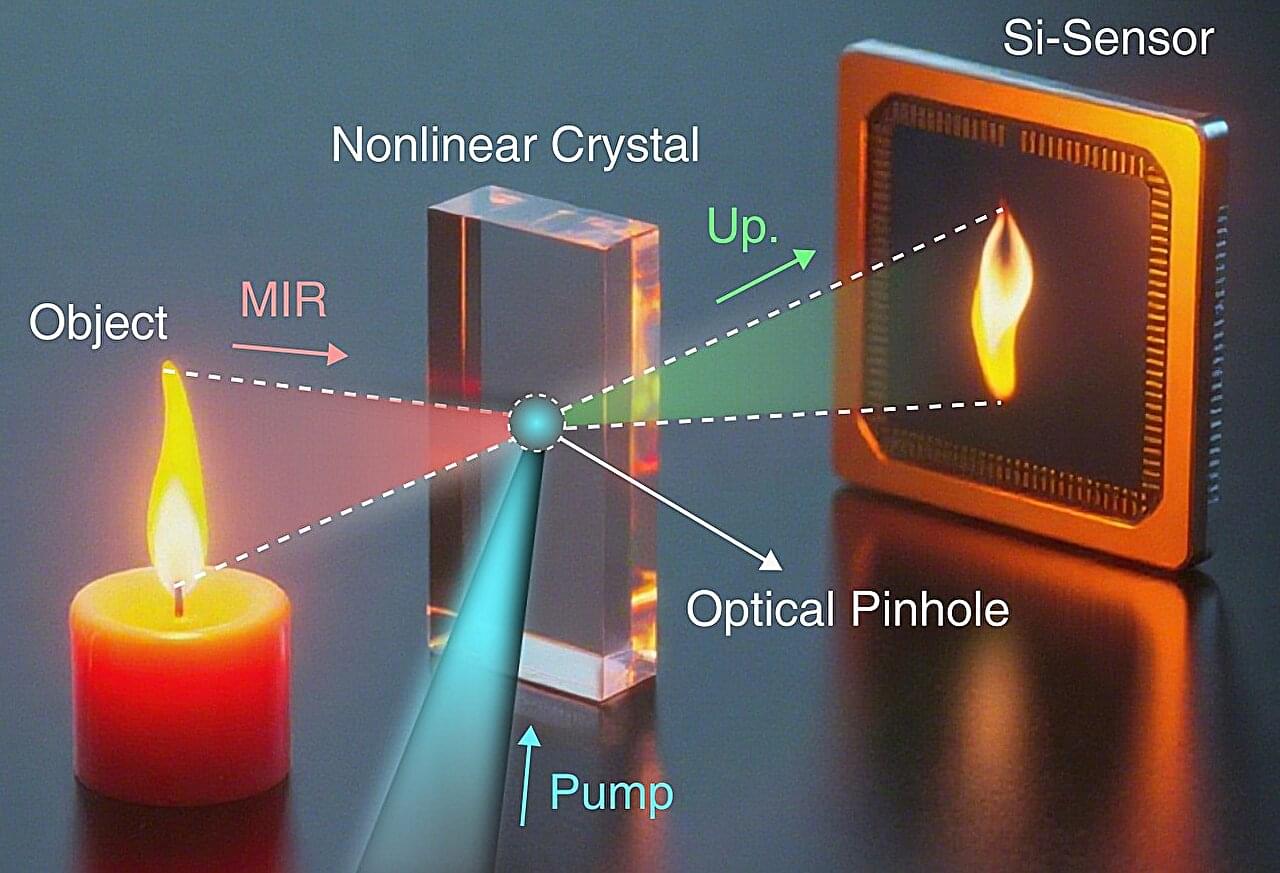New technology that invites expressive, two-way communication between a person and the soft, flexible object they are holding or wearing has been developed at the University of Bath.
Using this system, a user can tap, twist or pinch a soft object—such as a cushion, an item of clothing or a pliable computer mouse—and the object will respond in a meaningful way, for instance, by changing the TV channel, turning off a light or creating a digital sculpture on a screen.
Crucially, the object also provides tactile feedback (such as a soft click or vibration) to confirm the action, while maintaining its natural softness and flexibility.

